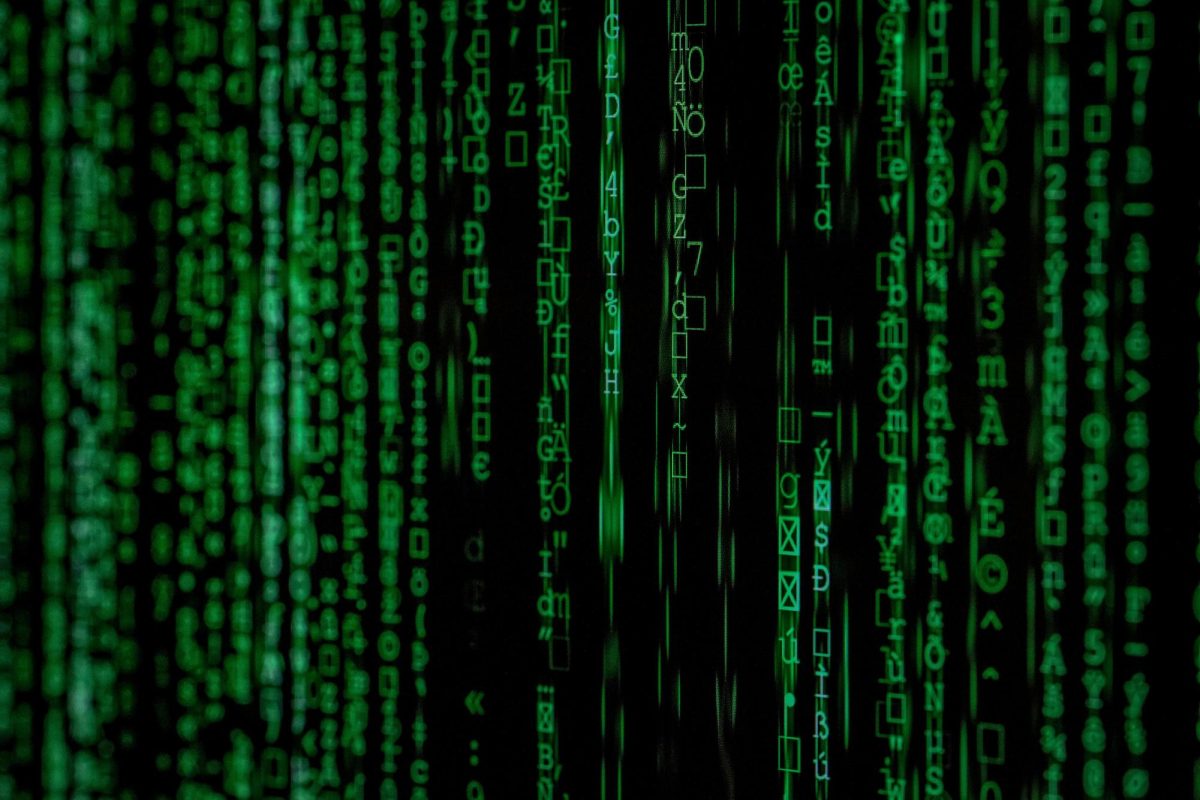In the rapidly evolving world of technology, artificial intelligence has emerged as a game-changing force, and no area is this more evident than in the realm of cybersecurity. The integration of AI in cybersecurity has the potential to revolutionize the way we protect and secure our digital assets, ushering in a new age of protection.
Cybersecurity, at its core, involves a relentless battle between security experts and cybercriminals. As attackers become more sophisticated, traditional methods of security are increasingly unable to keep pace. Here is where AI steps in. By incorporating machine learning and predictive analysis, AI can detect and thwart cyber threats in real-time, providing a robust line of defense against potential intruders.
AI’s role in cybersecurity is multi-faceted. One significant application is in threat detection. AI systems can be trained to recognize patterns and anomalies in network traffic, alerting security teams to any unusual activity. This proactive approach allows for swift action, often neutralizing threats before they can cause any damage.
AI algorithms can sift through vast amounts of data much faster than any human, identifying potential vulnerabilities and breaches. This not only enhances the speed of threat detection but also improves accuracy, reducing the risk of false positives and ensuring that genuine threats do not go unnoticed.
The use of AI in cybersecurity also extends to incident response. AI can automate the process of responding to a security breach, isolating affected systems and preventing the spread of malware. In addition, AI can assist in the recovery process, helping to mitigate the damage and restore normal operations more quickly.
Despite its potential, the application of AI in cybersecurity is not without its challenges. Issues such as data privacy, the risk of AI systems being manipulated by cybercriminals, and the need for significant investment in infrastructure and training need to be addressed. However, as technology advances and these challenges are navigated, AI’s role in cybersecurity is set to become increasingly important.
Finally, the incorporation of artificial intelligence in cybersecurity heralds a new era in digital protection. While challenges remain, the potential benefits far outweigh the risks. As we continue to navigate the digital age, the integration of AI in cybersecurity strategies will be key to ensuring a safe and secure online environment.
Related Stories:
https://www.ibm.com/ai-cybersecurity
Take Action:












